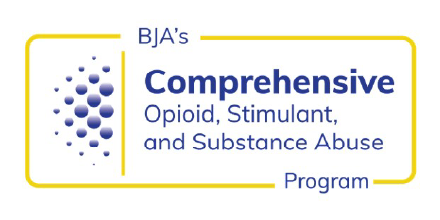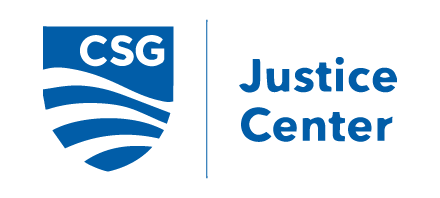The HERO HELP Program is a collaboration between the Division of Police, the Delaware Department of Justice, and the State Division of Substance Abuse and Mental Health to provide drug and/or alcohol addiction treatment to qualifying adults who contact the police and ask for treatment, or to individuals instead of an immediate arrest for lesser crimes. The goal of the HERO HELP program is to not depend on criminal arrests alone to combat addiction and the crime it causes. Instead, the HERO HELP Program can provide a greater opportunity for those seeking treatment to overcome their addiction and prevent everyone from engaging in criminal activity to support their addiction.
- APR 2020
- COSSAP Resource Center

